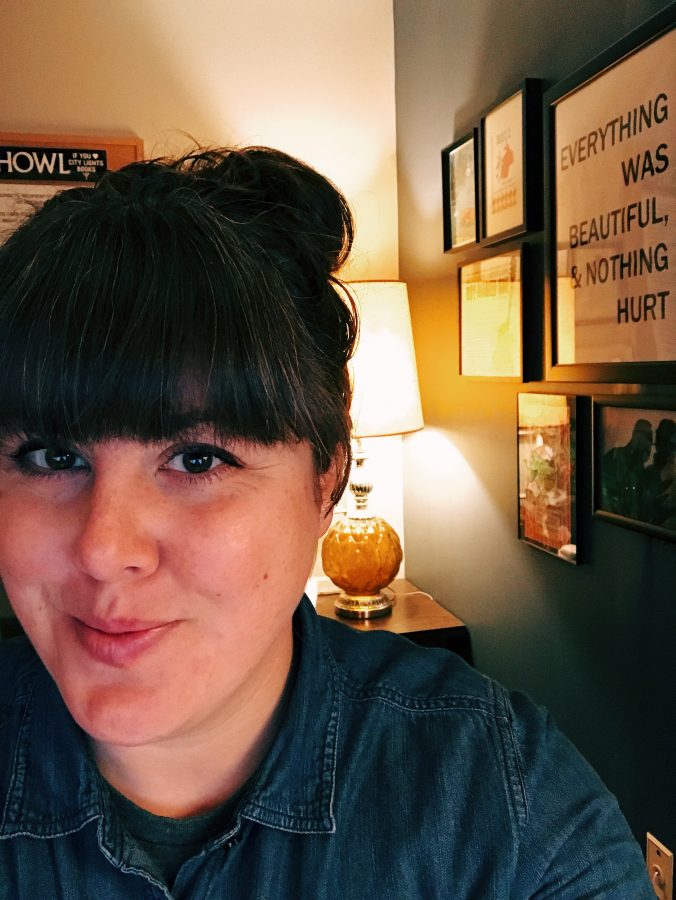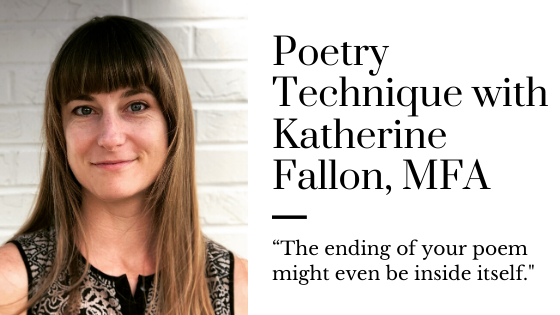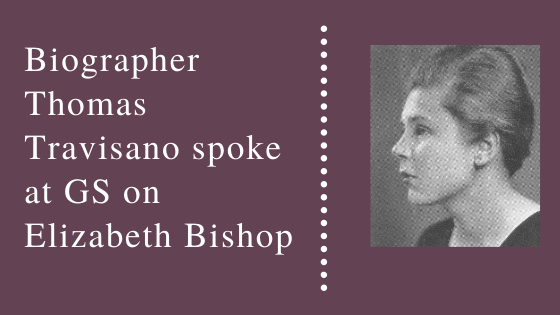Professor Christina Olson is a poet and creative nonfiction writer who came to Georgia Southern (GS) in 2011. Before coming to GS, she taught at Grand Valley State University and attended Minnesota State University for graduate school as well as the State University of New York at Fredonia for her undergrad. Now Olson teaches Intro to Creative Writing, poetry writing, advanced poetry writing, creative nonfiction writing and advanced creative nonfiction writing. She has published two full-length collections of poetry, one called “Terminal Human Velocity” and the other “Before I Came Home Naked.” She has also published two chapbooks, “Rook and the M.E.” and “Weird Science.” As a writer, Olson likes seeing how poetry and creative nonfiction work together.
When asked what advice she had to give to other writers, this is what she had to say:
Read Everything
Read everything, “even if you think it’s old or weird or you don’t like it,” said Olson. “Because there’s always something to learn from other writing.” Other works can teach you what you like or don’t like to include in your own writing and can show you how to improve.
Try
According to Olson, it’s easy for writers to get frustrated and think they can never be good enough or never accomplish the things they want because they haven’t done it before. Trying is the way to start and the only way to get to the place you want to go. Write a draft, even if you think it’s bad, that way you have something to pull from, whether it be a scene, an image or even a sentence. This way, you create your own jumpoff point from there.
Don’t Be Afraid to Tell Your Story
Many people can feel intimidated by good writing they see elsewhere and get discouraged when it comes to their own writing. It’s hard to feel your voice matters when there are so many others. According to Olson, this is the biggest problem of writing. It’s even easier to let your insecurities influence you if you are working alone, but this is something every writer faces.
“Everyone has a story that they get to tell and so there are a lot of reasons you can find not to write,” said Olson, “but I think once people get over that initial hump and realize that they do have something to say, then usually that can be a very powerful thing.”
Engage With Writing Somehow
As controversial as it may seem in the writing world, Olson is not an advocate for writing every day. “It’s a piece of advice that you will often hear,” said Olson. “Like just put your butt in the chair and do your thirty minutes of your page or whatever it might be. I think, for some people, that system works and it’s really great. I have tried it and I can sustain it for short periods of time, but I can’t do it long term, it’s not the way I work. And I get to say that because I’ve tried it and I’ve been doing it for fifteen to twenty years at this point.”
However, if the system of writing every day doesn’t work for you, you should be engaging with writing in some way. This can involve reading something every day, even if it’s a small poem, or talking about some form of writing with others. Engage with creativity and paint or walk through the park, that way you can be ready to write when you sit down again. Most importantly, don’t knock anything before you try it, including the “write every day” rule.
Branch Out
It’s easy to look at another style of writing and think that a piece or genre or writing isn’t worth our time, but we can be surprised by what we find if we just try it out.
“I came in as a fiction writer,” said Olson. “I thought I was going to be a fiction writer when I was in college and I had a poetry professor say ‘You know, your fiction is fine but it’s not great. Like your poetry is what’s really good’ and I was really surprised to hear that. I would not have thought that in a million years that I would have ended up teaching poetry like as a profession.
Recommendations
It’s good to read other works and get a feel for process and ways to improve your writing. To help with that, Professor Olson made these recommendations:
- “On Writing: A Memoir of the Craft” by Stephen King
- “Ordinary Genius” by Kim Addonizio
- Online literary magazines Brevity and Verse Daily
Meet The Writing Community
Writing can feel very solitary, but it is important to take find a writing community that can encourage you and help you improve. Christina Olson stands by the Department of Writing and Linguistics at Georgia Southern and says that it is a very supportive community and a cool place to be a writer. People are willing to listen to readings at events like Burning Swamp and share ideas and tips. Finding other, like-minded people to help build you up can be very empowering.







